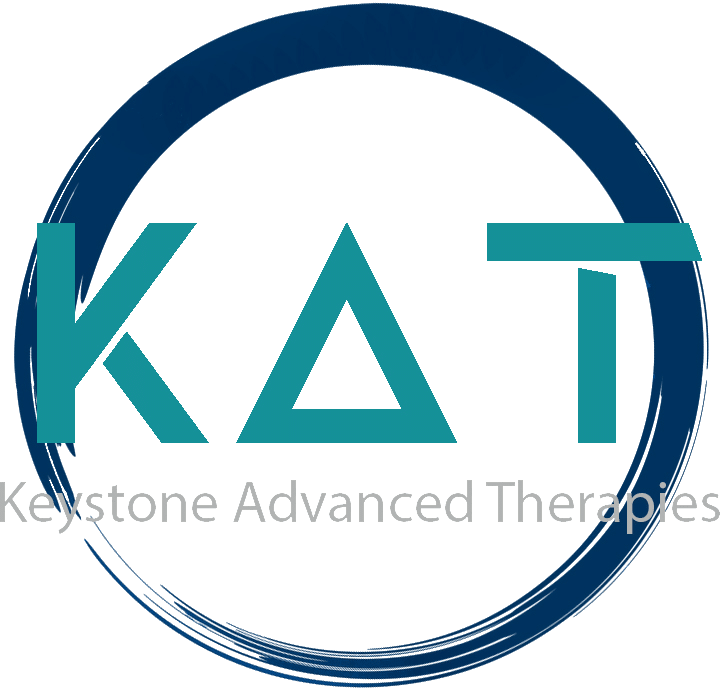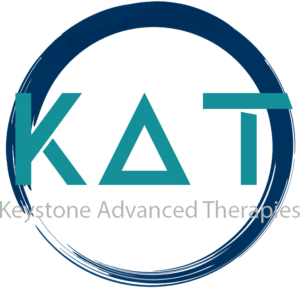Addiction is a complex mental disorder that affects a person’s brain and their ability to control impulses. Addictions can be substance-related (e.g., drug or alcohol) or behavioral (e.g., gambling), but no matter which type of addiction a person has, it can consume their life.
Because it is so complex and overwhelming, it can be hard to talk to a loved one about their addiction. Dr. Scot DePue, our addiction specialist at Keystone Advanced Ketamine Therapy in West Lawn, Pennsylvania, knows how important it is to have a loved one’s support when dealing with addiction.
Below are a few tips for talking to your loved one about their addiction.
1. BE KIND AND COMPASSIONATE
Substance use disorders can happen in any family, and being kind and compassionate is one of the most important rules to remember when talking to a loved one about their addiction. Family support is essential and is often the first step to recovery, according to the Substance Abuse and Mental Health Services Administration (SAMHSA).
When you’re talking to your loved one, you can show that you care by using kind and compassionate words. Remember, you can accept your loved one as a person 一 even if you don’t accept their behavior.
Do your best to avoid:
- Shaming
- Placing blame
- Negative statements
- Name-calling
Instead, try:
- “Everyone needs help. There’s no shame in asking for help.”
- “I’m here to help.”
- “I’m sorry that you’re struggling.”
Thoughtfully choosing your words can help make the first step to recovery easier. Name-calling or negative words can make your loved one feel dehumanized, which makes asking for help harder. Thoughtfully choosing your words, using “I” statements, and making it clear that you’re there to help are the first steps in respectfully talking about the struggles of addiction.
2. EDUCATE YOURSELF ON ADDICTION
There are a lot of stereotypes when it comes to addiction. Educating yourself can help you learn more about the mental impact of addiction, your role as a loved one, and how addiction is treated.
For example, many people mistakenly assume addiction is a matter of willpower, but the reality is that addiction is a mental health disorder. The Diagnostic and Statistical Manual of Mental Disorders, Fifth Edition, reports the following as symptoms of an individual with substance use disorder:
- They have cravings
- They want to quit but can’t
- They take a higher dose of a prescription than they’re supposed to (or take it longer than they’re supposed to)
- They neglect their work or social life
- Their addiction causes relationship problems
- Their life is in danger
Substance use disorder includes 10 classes of drugs, including alcohol, opioids, caffeine, hallucinogens, tobacco, and stimulants. Behavior addictions, separate from substance addictions, include shopping, gambling, or sexual intercourse.
Learning more about what type of addiction your loved one has (as well as the myths surrounding addiction) can help you talk more confidently with your loved one and understand more specifics about their struggles.
3. OFFER TO HELP
Depending on where your loved one is in their recovery journey, they might not be ready to talk. However, you can talk about the many ways you’re ready to help them on their journey.
Examples include offering to drive them to and from treatments, attending family or couple’s therapy together, and letting them know you’re available to talk if they feel as if they’re ready to get help or are in danger of a relapse.
You might also help them explore their treatment options together. Ketamine infusion therapy 一 available here at Keystone Advanced Ketamine Therapy 一 can help reduce cravings and dependency in as little as one 45-minute treatment. You shouldn’t drive home after ketamine infusions, so offering to drive can be a wonderful gift for your loved one.
When offering help, make sure it’s unconditional, without any strings attached.
Addiction is a mental health disorder that affects entire families, but walking with your loved one on their road to recovery can make all the difference. To learn more about ketamine infusions for addiction, book a consultation with Dr. DePue by calling our office or requesting an appointment online today.














